On the morning of May 16, continuing the ninth session, the National Assembly discussed in the hall the draft Resolution of the National Assembly on mechanisms and policies for private economic development.

Ensure tax and infrastructure incentives
Discussing at the meeting, National Assembly delegates commented that voters, people and the business community highly appreciated the Politburo 's issuance of Resolution No. 68-NQ/TU on private economic development. During this session, the National Assembly discussed and considered passing the Resolution on a number of special mechanisms and policies for private economic development to institutionalize the Party's policies, especially Resolution No. 68-NQ/TU of the Politburo.
Delegates expressed their agreement and high consensus that the draft resolution thoroughly grasped the requirement of renewing thinking and awareness of the private economy; had specific regulations on special mechanisms and policies for private economic development; these were truly "unleashing" regulations, highly anticipated by voters, people and the business community.
Adding his comments to the draft Resolution, delegate Tran Hoang Ngan ( Ho Chi Minh City Delegation) said that currently our country is aiming to have 2 million enterprises by 2030, to achieve this plan, there must be a very special solution. “Because currently, we only increase 30-40 thousand enterprises on average each year. So how can we increase to 2 million in 5 years? There must be a policy to support individual business households to switch to enterprise form, then the goal can be achieved; at the same time, we must improve and expand large-scale enterprises,” the delegate said.

Proposing to exempt small and medium-sized enterprises from paying corporate income tax for three years from the time the enterprise generates profit instead of from the time it is first granted a business registration certificate, delegate Tran Thi Van (Bac Ninh delegation) said that enterprises often do not make profit immediately after being established.
“The first phase is the period of focusing on investment in construction, recruitment, market research, and product development. If we exempt taxes from the date of issuance of the business registration certificate, it means that when the enterprise makes a profit, the tax exemption period will expire - the tax exemption policy becomes a formality and ineffective. Therefore, we need to exempt taxes at the right time when enterprises are able to pay taxes, that is when they make a profit,” said delegate Tran Thi Van.
Delegate Mai Van Hai (Thanh Hoa Delegation) proposed that some provinces and cities with planned industrial parks and industrial clusters should receive State support for infrastructure investment and give priority to technology enterprises in the private economic sector, small and medium enterprises, and creative startups to lease land; instead of stipulating that investors in infrastructure business of industrial parks, industrial clusters, and technology incubators receiving investment support must reserve a part of the land area invested in infrastructure for high-tech enterprises in the private economic sector, small and medium enterprises, and creative startups to lease.

Putting assets in cases into production and business
Regarding the issue of ensuring the principle of presumption of innocence and not applying retroactive provisions to enterprises during the investigation, prosecution and trial of the draft Resolution, delegate Ta Van Ha (Quang Nam delegation) said that this provision has been stipulated in the Constitution, that the accused is considered innocent until proven guilty. The delegate said that this is not a special mechanism for enterprises, so it is necessary to consider not adding this content to the draft.
Delegate Nguyen Thi Thuy (Bac Kan delegation) proposed that the Government report to the National Assembly for permission to pilot the application of Resolution No. 164/2024/QH15 of the National Assembly on piloting the handling of evidence and assets during the investigation, prosecution and trial of a number of criminal cases and cases under the Central Government's management on preventing and combating corruption, waste and negative direction. The Government reported to the National Assembly for permission to apply the special Resolution on the private economy because it includes measures allowing enterprises to deposit security to release frozen assets and continue to put them into business.
In addition, it allows business owners to continue to manage, use, and exploit that asset and ensure that it is exploited in accordance with regulations, instead of being "frozen" and unable to be put into the economy.

Also concerned about the principles of handling violations and resolving cases in business activities, delegate Nguyen Anh Tri (Hanoi Delegation) suggested that it is necessary to clarify and resolve them seriously but not to affect production and business, not to cause stagnation and termination of service provision of that private enterprise, not to "easily" label the case's evidence on production tools, machinery and equipment of the enterprise, if any, it must be quickly resolved to soon put materials, equipment and machinery into production activities.
Expressing agreement with the policy of strongly shifting from pre-inspection to post-inspection, especially in managing business conditions, delegate Nguyen Thi Viet Nga (Hai Duong Delegation) said that if there is no strong, transparent and effective post-inspection mechanism, this policy can easily become a loophole for "ghost companies" to exploit.
“Reality has shown that many subjects have taken advantage of the open policy to set up hundreds of companies that do not actually operate, buy and sell invoices, evade taxes, launder money, cause budget losses and distort the competitive environment,” the delegate said, suggesting that specific requirements for the post-inspection system be clearly supplemented; clearly defining the sectors and fields that are required to be pre-inspected to avoid widespread or loose application.

Based on the opinions of National Assembly deputies at the group discussion session and the hall discussion session, Minister of Finance Nguyen Van Thang said that he will closely coordinate with the National Assembly's Economic and Financial Committee to study, absorb and complete the draft Resolution, ensuring that the Resolution is feasible in practice and consistent with current laws.
Source: https://hanoimoi.vn/can-ho-tro-ho-kinh-doanh-ca-the-chuyen-sang-loai-hinh-doanh-nghiep-702431.html



![[Photo] Top players gather at the 2025 Nhan Dan Newspaper National Table Tennis Championship](https://vphoto.vietnam.vn/thumb/1200x675/vietnam/resource/IMAGE/2025/5/23/9ad5f6f4faf146b08335e5c446edb107)




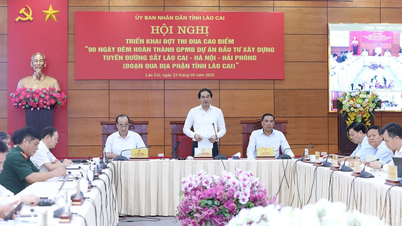

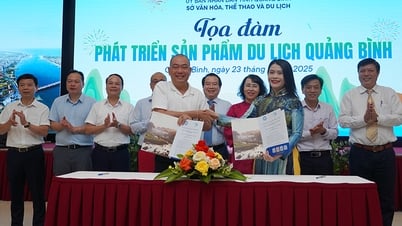

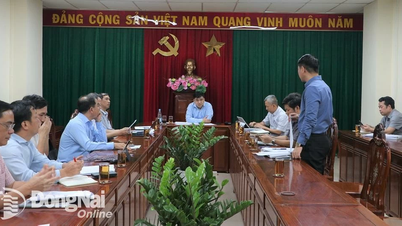


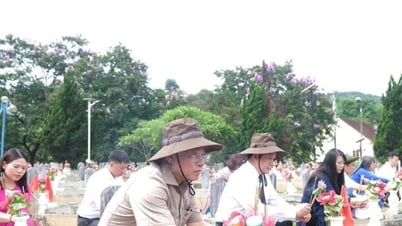
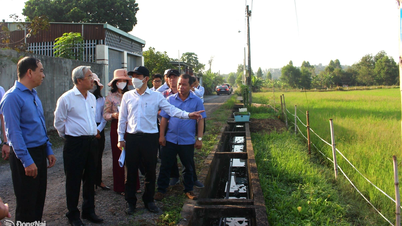




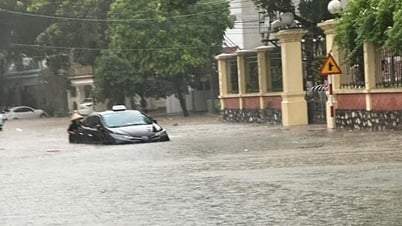

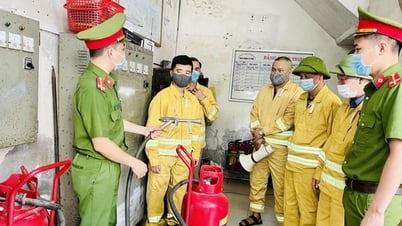























































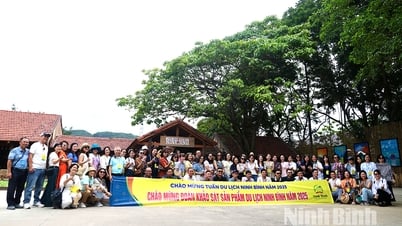

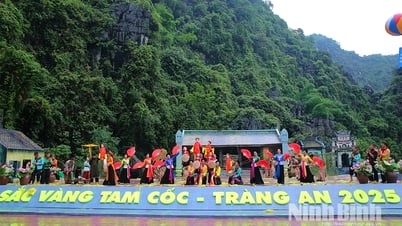













Comment (0)